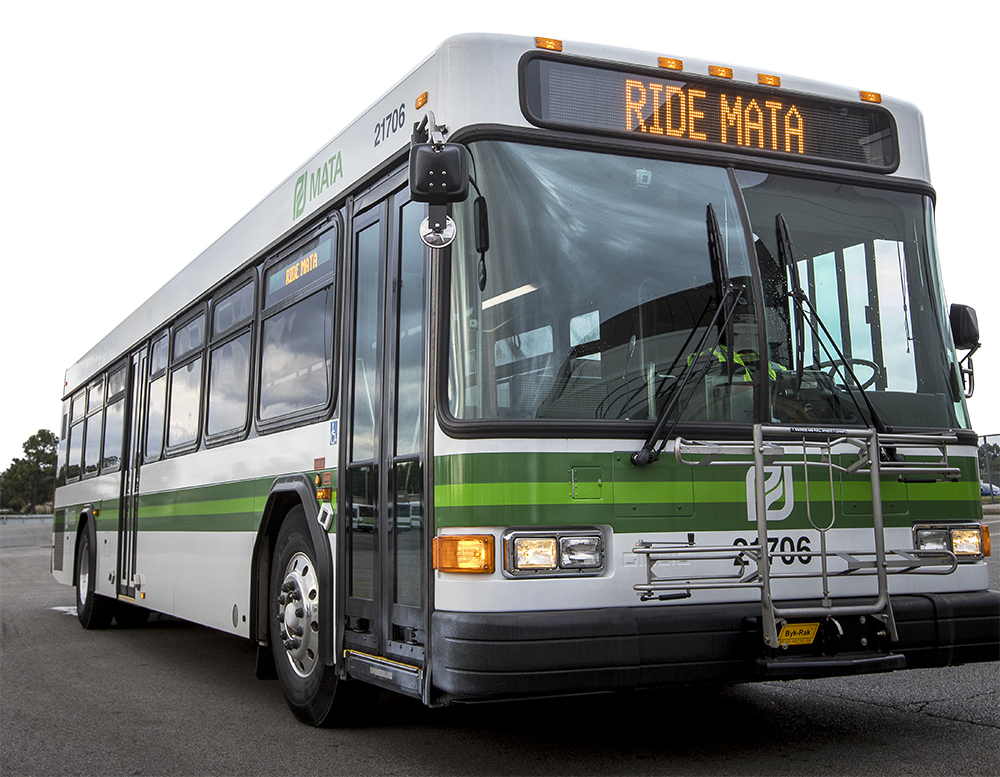The MATA Board of Commissioners decided to put a pause on their 2023 proposed service changes at their October 24 public meeting. The changes were set to take effect in December, if approved. Board members questioned the effectiveness of the changes, as they seem to contradict the organization’s mission to “give the community the transit they deserve.”
Prior to the meeting, MATA published the proposed service changes on its website, and has also been presenting the changes during public meetings, which have been live-streamed on its Facebook page.
The agency used the meeting to present an adjusted version of the changes, after hearing comments from riders. Previously MATA proposed the suspension of services after 7 p.m. The agency said that it came to this decision by looking at MATA’s ridership, and the top 10 routes that “carried the most people late in the evening.”
“We looked at those routes that had the highest percentage of ridership late in the afternoon/evening hours,” said John Lancaster, MATA’s chief development officer. “That is essentially what we did. Those top 10, of about 22 routes carry about 75 percent of the late evening ridership.
MATA recommended adjustments to the Route 30-Brooks and Route 69-Winchester. It also proposed extending the service time to 9 p.m. to the routes that carry “about 75 percent of [MATA’s] late night evening ridership.” This included 8- Chelsea and Highland, 11-Frayser, 30-Brooks, 32-Hollywood and Hawkins Mill, 36-Lamar, 39-South Third, 42-Crosstown, 50-Poplar, 52-Jackson, and 100-Main Street Trolley.
MATA was also required to have a “Title VI and Environmental Justice Equity Analysis in accordance with the Civil Rights Act of 1964.”
“The Title VI analysis has been completed to make sure that the impact of our services to low income and minority areas are minimized and that there are no disparate impacts to their groups,” said Chundra Smith, community engagement manager for MATA, at a previous public meeting. Smith said that the conclusion of this analysis is that these changes “do not create a disparate impact.”
Despite that analysis, some riders and members of the community disagreed. According to MATA, the agency received over 120 comments, with the main concern being about the “negative impact of the proposed end time of 7 p.m.”
After presenting the proposed changes, with adjustments, the public was again invited to make comments. Many riders shared their personal experiences using public transportation, and why the proposed changes would be detrimental.
“You know that the Civil Rights Act of 1964 is deeply rooted in the Declaration of Independence,” said Johnnie Mosley, founding chairman of Citizens for Better Service. “My concern is, even with the changes they are proposing, that if the Board votes for these changes, somebody is not going to have a life. Some bus riders are not going to have liberty, and certain some bus riders will not be able to pursue that happiness.”
Mosley reminded the board that their riders are “special,” and they should not “be treated like garbage.”
Board members will vote on the proposed changes at a later date.
